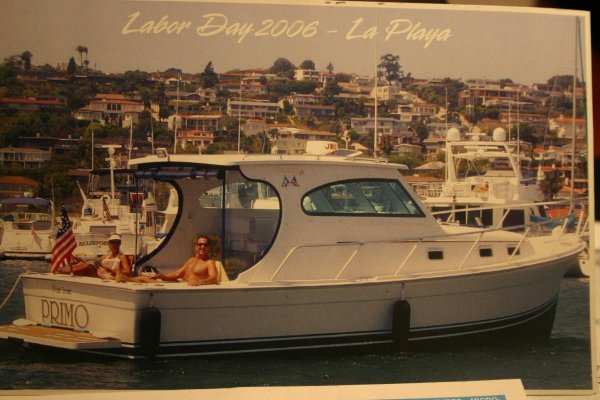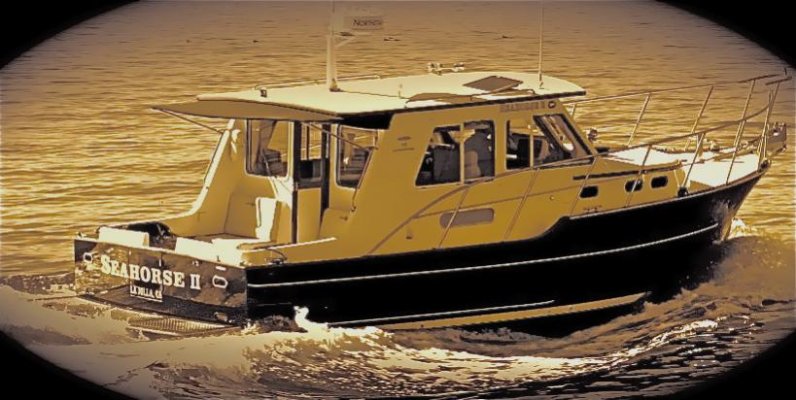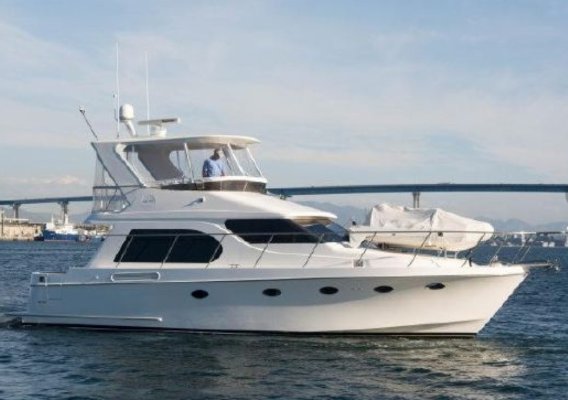Several factors come into play in the decision process:
Fear or break down can certainly be resolved by vessel assist if their available in your area, as is the case for probably 90% of TF members. If you plan to cruise in extremely remote areas, one can make a case for twins. However a number of our members travel to extremely remote areas including crossing the Atlantic with a single.
Are or will you be an infrequent boater as most on this forum. Proficiency in general comes from frequent repetition. If you consider that well over 90% of commercial fishing boats under 60' are singles, then it's easy to see that maneuverability is a limitation of the operator in most cases and not the vessel. With the exception of the need for more HP than a single can provide, in many cases, twins are a crutch for lack of docking proficiency.

Adding a bow and even a stern thruster to a twin is the second crutch.


Don't agree with this? How many sailboats under 60' have you seen docking with twins?
How do you feel about engine maintenance? While not a hard and fast rule we see far more breakdowns of one engine in a twin engine boat than single engine boat breakdowns. There are a lot of boaters that view twins as redundancy and consequently do very little maintenance assuming that when one breaks the other will get them home. This doesn't apply to everyone with twins, but I would wager it was the majority in recreational boating. In general, single engine boaters tend to be more preventive maintenance oriented for the obvious reason. Yes there are those that don't do PM regardless of how many engines they have.
One can debate whether a single protected screw makes more sense than twins when running aground. I would argue that learning to navigate and avoiding shoal waters is a far better choice.
So to my mind, the choice of single versus twins is really more based on what type of owner operator you will be. If you will be an infrequent user, not big on PM, and have a phobia regarding engine failure, twins would be a logical choice.
For the incredible complexity and unreliability of the modern engine, wonder how many twin advocates on this forum wouldn't have a single engine car.
Ted


 Adding a bow and even a stern thruster to a twin is the second crutch.
Adding a bow and even a stern thruster to a twin is the second crutch. 


